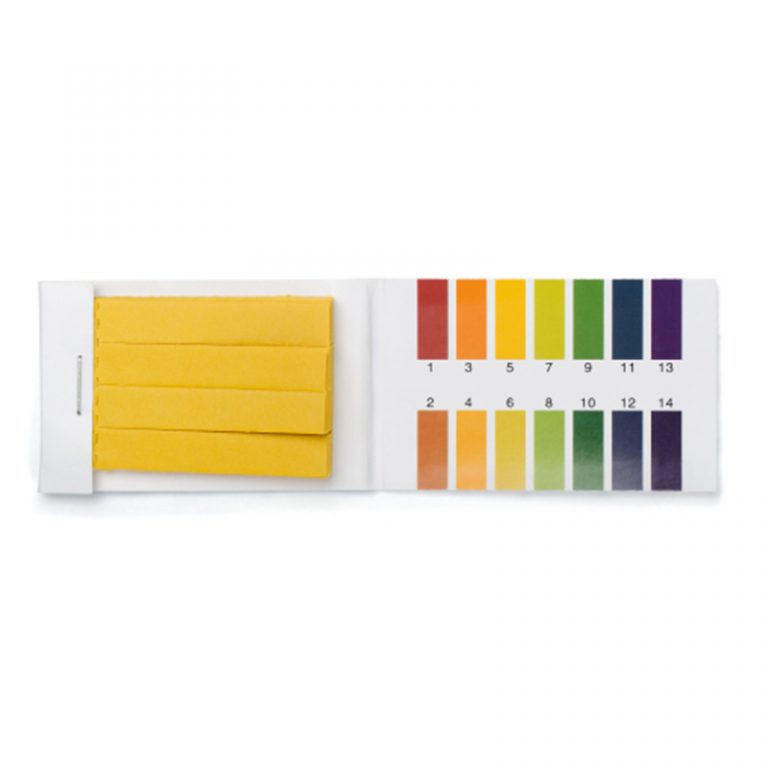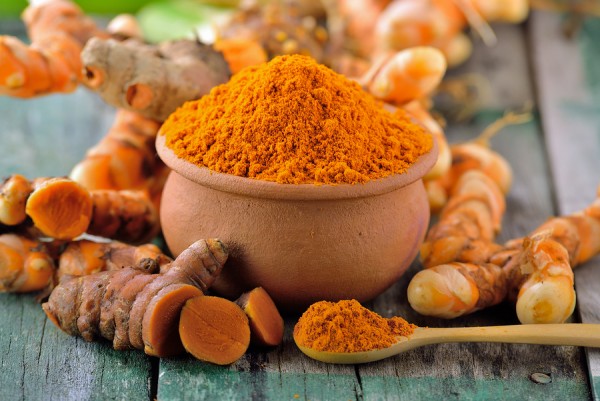
Understanding Heavy Metals
From time to time scare stories find their way into the media relating to the dangers of heavy metals to human health, and on occasions these have reports have involved Ayurvedic medicines into which selected metals have been deliberately added. A common concept of heavy metals is that they are toxic at all levels but in fact nothing could be further from the truth.
First, what is meant by the term ‘heavy metal’? Are they toxic and if so to what extent? In fact, the term is somewhat arbitrary, and is applied to any metal whose gravity is greater than 4 gms. per c.c., I.e. more than four times denser than water. All such metals are present in the earth’s crust and therefore it is inevitable that they must find their way into the human body in trace quantities. Far from being dangerous to health, recent research has shown that they are essential in such small amounts for the normal functioning of the human body and are therefore an important component of good health. One recent international study, in France, discovered that zinc – a heavy metal that is toxic in high doses – is used by the cells of the immune system to destroy microbes such as the TB bacillus or E. coli.
Ayurveda has understood for thousands of years, and has clearly documented, how heavy metals can on the one hand kill the body but on the other hand are capable of boosting immunity. It has therefore developed complex procedures for processing heavy metals to make them effective in medicines without being toxic. About 20% of Ayurvedic medicines are in the category of ‘Rasaushadha’ – herbal-mineral-metallic mixtures. These contain metals and minerals in the form of fine powder – compounds which have undergone intensive processing. By repeated incineration they are reduced to the finest ash and to ensure purity they are treated with herbal extracts between incinerations. The final product has undergone a permanent change, for example iron ash produced in this way is completely different from any ferrous compound. In fact, people known to be allergic to any of these metals have no allergic symptoms whatsoever when consuming them in such a processed form.
Without heavy metals there would not be life as we know it, and technology could not exist, let alone advance. We need to be fully aware of the potential dangers of these substances when we are exposed to them at unsafe levels. In fact, this is already happening in many ways – industrial waste, containing metals such as copper, cadmium and nickel, lead in exhaust fumes and mercury in dental fillings or as an adjuvant in vaccines are just a few examples of sources that are already subjecting us to levels of exposure that have long been known to be unsafe. But without heavy metals we would not have cars or aircraft as we know them today, paints, batteries, water pipes…the list goes on.
Perhaps we can learn something from the sea animals. Recent research on large sea mammals, in particular the dolphin, has found these creatures able to tolerate large concentrations of mercury in the system without any ill effect. The reason appears to be that the food sources of the animals contain significant levels of selenium, which acts as a buffer to the mercury. Yet, humans are now being warned against consuming large quantities of those fish that are known to contain higher amounts of mercury, such as tuna, shark and swordfish. Our bodies have no protection or means of neutralising the toxic effect. More research is needed. Most importantly, we need to know more about the beneficial effects of trace quantities of heavy metals to human health. In an organic form, as opposed to a patented product, they could form the basis of a new range of effective medicines.
Next Time:- Ayurvedic Treatment For Plantar Fasciitis



